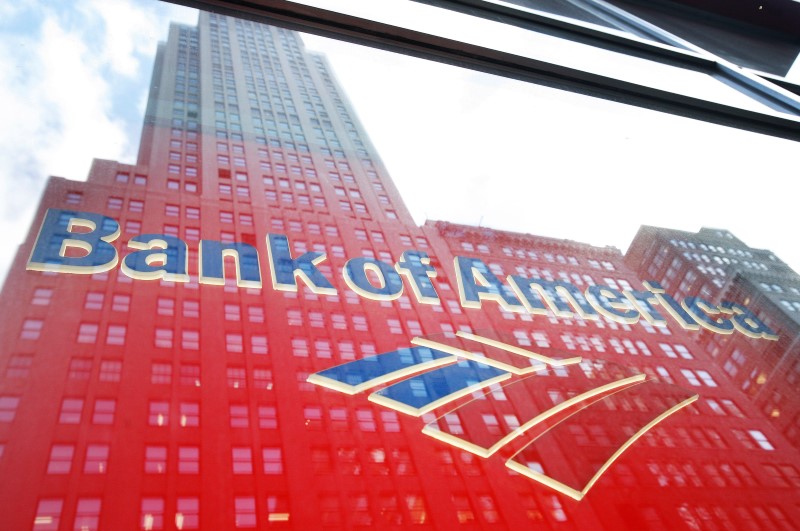JPMorgan’s Dimon weighs in on potential Fed chair candidates
By Davit Kirakosyan.
The Federal Deposit Insurance Corp. (FDIC) is considering passing on a greater share of its $23 billion bank failure costs to the largest banks in the U.S. as part of a proposed "special assessment" in May, as per a Bloomberg report, citing people familiar with the matter.
Recent bank collapses, such as those of SVB Financial Group and Signature Bank, have put pressure on the FDIC's $128B deposit insurance fund. Officials are exploring how to limit the effect on community lenders by transferring a larger burden to larger institutions, a move regarded as the most politically acceptable option.
Such an assessment would have a significant impact on the likes of Bank of America (NYSE:BAC), JPMorgan (NYSE:JPM) and Wells Fargo (NYSE:WFC), each of which could face multibillion-dollar charges. The FDIC's proposed solution is still in the early stages of discussion, with a decision expected in May.
Leaning on big banks can lead to significant costs. In 2009, JPMorgan reported that the FDIC's special assessment of $5.5B resulted in a $675 million deduction from its second-quarter earnings. The FDIC estimates that the cost of SVB's failure alone will be $20B, in addition to the expected $2.5B from Signature. It remains unclear how promptly the agency intends to collect the assessment.
Furthermore, some large banks are under pressure to strengthen the balance sheet of another struggling lender, First Republic Bank (NYSE:FRC), and may be required to pay a special FDIC assessment if the agency intervenes, even without injecting more equity into the bank.
